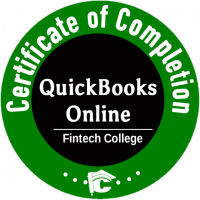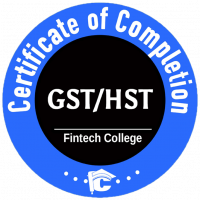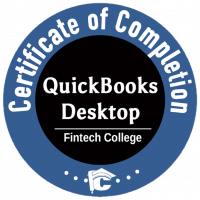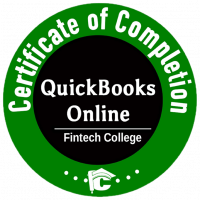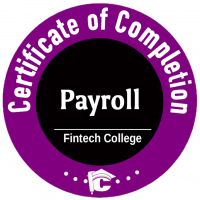In the high-tempo career path of office administration, time management is one of the most critical skills to master. Most of the ones I’ve known are responsible for scheduling, managing communications, organizing data, and they are the glue that holds any business together. At FinTech College, students in the Administrative Assistant Diploma Program are taught not only technical skills to succeed on the job but also productivity habits that help them thrive from their very first day.
Whether you’re looking to land your first office job or need to fine-tune existing skills, these effective time-management techniques will help you work more efficiently, get organized, and tackle projects with ease.
1. Start Your Day with a Prioritized To-Do List
Before you start on emails or phone calls, spend a couple of minutes planning your day. Break tasks into three categories:
- Must-do today
- Should-do soon
- Could-do if time allows
This framework keeps you on track and prevents lower-priority tasks from hijacking your calendar.
2. Use Digital Tools to Stay Organized
Administrative assistants are heavily reliant on digital tools — getting those skills down early gives you a big leg up.
Some student-friendly options include:
- Google Calendar for scheduling
- Microsoft does for task management
- Outlook for email organization
By mastering these tools during your studies at FinTech College, you will be well-equipped to respond quickly and effectively when faced with similar workplace needs.
3. Create Time Blocks for Deep Work
Many delegated posts tend to include frequent interruptions. Time blocking (designating a specific time for concentrated work) can significantly increase productivity.
For example:
- 9:00–10:00 AM: organize files
- 1:00–1:30 PM: respond to emails
- 3:00–4:00 PM: prepare reports
Time blocking keeps you in control and ensures you can respond to everything that comes your way.
4. Avoid Multitasking—Focus on One Task at a Time
It feels productive to multitask, but the opposite is true: you get less done, and it increases the likelihood of errors. Single-tasking and not moving on to the next project until you are done are significant benefits for future administrative assistants. This improves accuracy, decreases strain, and helps people get new jobs done more quickly.
5. Use the Two-Minute Rule
If a job takes 2 minutes or less, do it now.
This allows you to quickly handle small tasks, such as replying to short emails, scheduling an appointment, or filing digital documents.
Little things add up — if you never have to do the latter, your workload stays manageable.
6. Keep Your Workspace Clean and Efficient
Messy space causes a messy head. A physical and digital workspace that’s well organized:
- Saves time
- Reduces stress
- Assists you in finding what you want instantly
Get into the habit of cleaning your desk and organizing your computer folders at the end of each day.
7. Learn to Communicate Deadlines Clearly
Administrative assistants frequently collaborate with their peers, supervisors, and clients. When deadlines are clearly communicated, expectations don’t get lost in translation.
Useful phrases include:
“This I can get done by the end of the day Thursday. Does that work for you?”
“I’m in the middle of X. Is this more important? Should I drop that?”
The more you ask, the more in control of your course load you’ll be, and the less likely you will be to cram assignments at the last minute.
8. Know When to Ask for Help
Time management isn’t about doing it all yourself — it’s about knowing when to lean on others as well. Effective administrators know when to add clarification, encourage participation, or assign a task. Seeking help sooner helps prevent delays and errors later.
Final Thoughts
You should be able to multitask effectively if you plan to work successfully as an administrative assistant in the future. At FinTech College, students not only train on industry-standard software and office processes—they also learn the productivity habits needed to succeed in today’s workforce.
With a bit of practice, these abilities will become automatic, allowing you to remain efficient, organized, and prepared to succeed in any administrative function.






